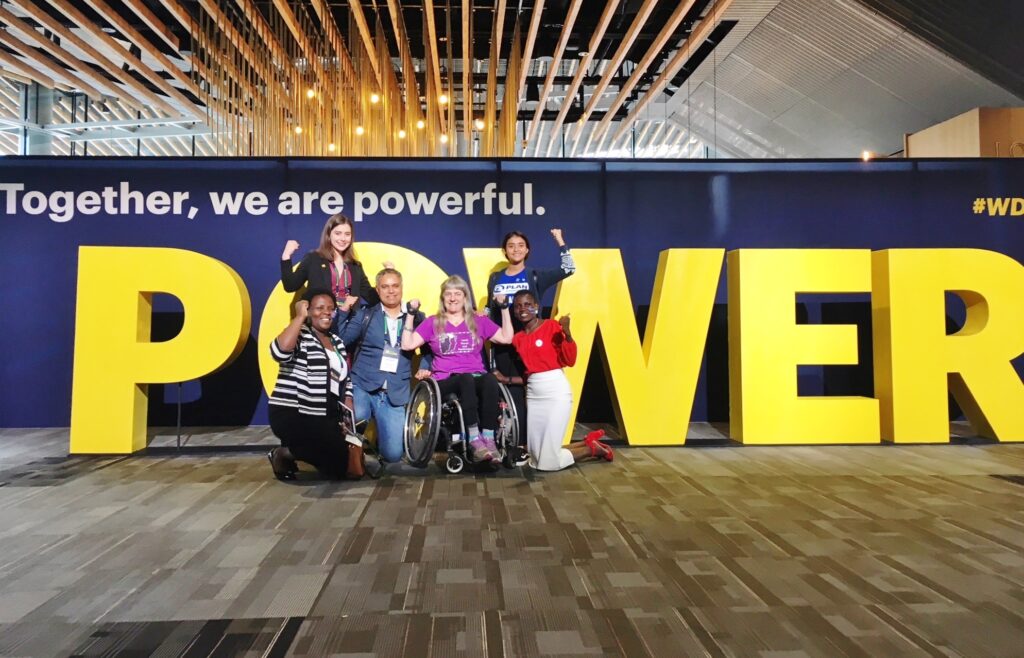We are still learning about all the ways in which to internationalize. Recent changes to learning platforms and the possibilities of the virtual at my university have expanded our notion of access, although there is still much room to reimagine how we are doing things. As a faculty member whose work has always been international, but as someone who comes somewhat recently to disability, I’ve begun to reconsider how we think about what it means to internationalize.
When engaging the logistics of travel, whether on-site or virtual, a common perception seems to be that faculty with disabilities would not be the ones taking the lead on new initiatives. Before my disability, nobody blinked when I led students abroad or participated internationally. Now, despite my extensive experience, I am confronted with interpersonal and bureaucratic roadblocks, all betraying a lack of confidence in my abilities. As I’ve pondered the reasons for the hesitancy of others, I think it is rooted in a false notion of what qualifications are necessary to participate internationally.
Let us begin with the notion that we are all members of a global society. Our lives are interconnected on multiple levels (international trade, environmental concerns, health issues and social media, to name a few). As engaged members of our global society, internationalization represents a process through which we create a more inclusive global citizenship for all. We all become an important part of a conversation and look for ways to forge meaningful connections. One could imagine, for example:
In reshaping our understanding of global citizenship on our campuses, the concepts of internationalization will undoubtedly expand quickly as we center our conversation. As Justin Harford of Mobility International and I began to generate ideas on what internationalization might mean to faculty with disabilities, we quickly came up with so many gems for inclusive ways of thinking.
Consider the curriculum we could imagine, say courses on international disability rights, and courses on language learning that recognize those whose participation has been overlooked historically when materials have not been accessible and removing these obstacles. Why shouldn’t one be able to learn Chinese calligraphy, even if one can’t see? – perhaps by incorporating methods engaged by those using Mandarin Braille. Would cultural events like film screenings be any different if they simply were offered with audio description or closed captioning? Might one engage international students and scholars on campus and abroad about the cross-cultural aspects of disability inclusion to create networks that are welcoming for all who visit? Might a study abroad program be virtual and three dimensional for those who can’t go somewhere in person? Would a faculty member be able to secure a sign language interpreter as an accommodation to think through city life for an arts project?
When generating some of these ideas, I couldn’t help but imagine leading a group of students abroad, asking them to take my path as a faculty member with disabilities who would need to strategize and imagine what might pave the way for my inclusion in our journey. Perhaps these added layers in our learning would help us understand the terms of internationalization all the more.
It seems like now is an important time to begin these conversations that have everything to do with social justice on our college and university campuses. For faculty, staff and students with disabilities, internationalization might mean working at large rather than solely within an idea of internationalization that speaks to the policies within programs and departments that have long replicated limited models. We need to recognize and honor all people as global citizens so that policies and plans are designed universally to include everyone.






Manage Your Privacy